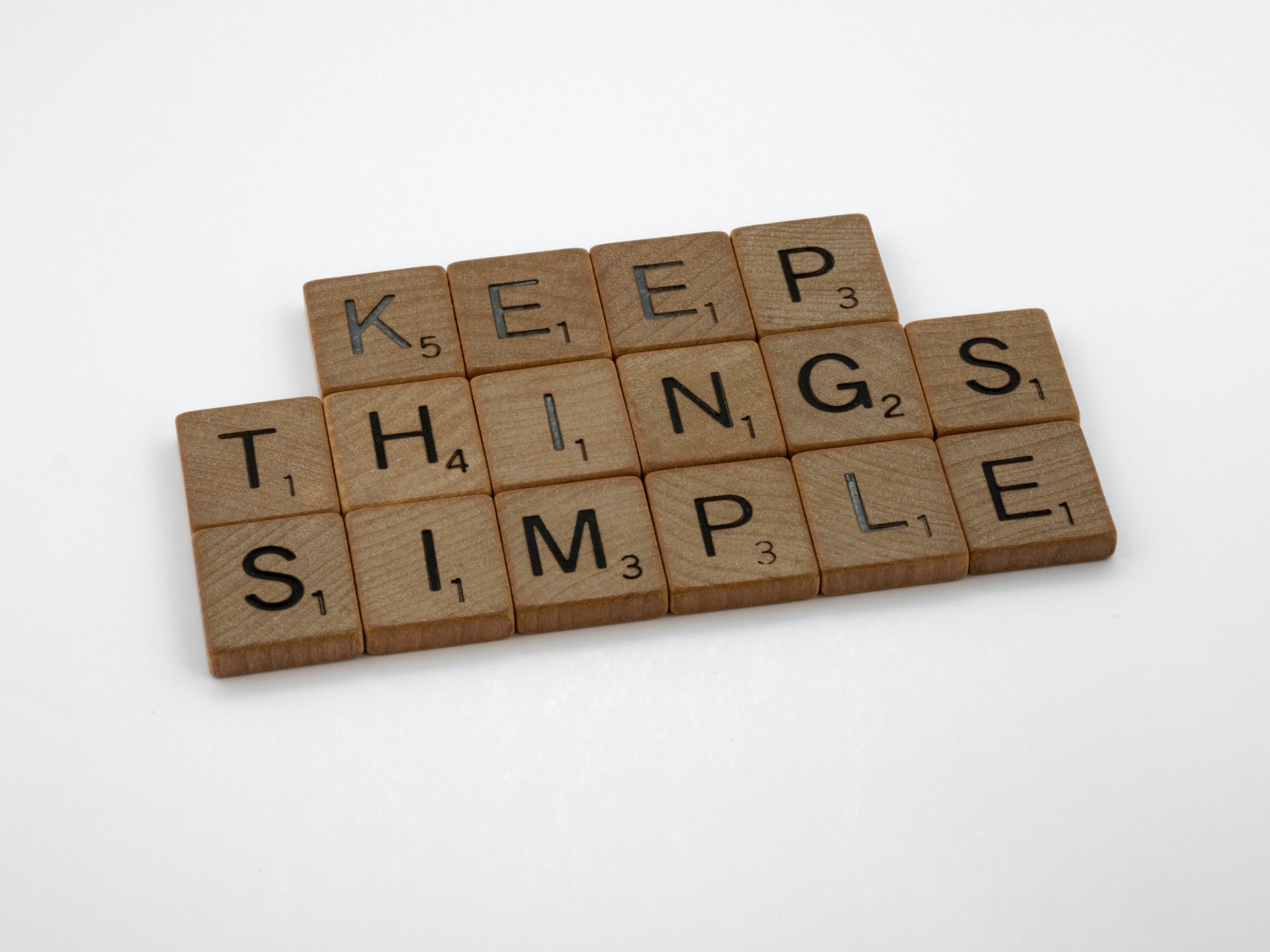Health
Downsizing Tips: Simplifying Your Lifestyle

As we age, we often find ourselves surrounded by countless possessions we’ve amassed over the years. From that old exercise bike gathering dust in the corner to the stack of cookbooks you’ve barely touched, it’s easy to feel overwhelmed. But fear not, my friends. Downsizing isn’t about losing; it’s about simplifying and gaining peace of mind, health, and a new zest for life. Let’s dive into some practical tips to simplify your lifestyle and make your golden years shine even brighter.
Firstly, let’s address the elephant in the room – the emotional connection we have with our possessions. We all have that one chair that’s as old as time itself, or a collection of vinyl records that would make any music aficionado green with envy. These items have sentimental value, and parting with them can feel like losing a piece of ourselves. However, remember that memories are not housed in objects, but in our hearts and minds. So, take a deep breath, put on your favorite Sinatra track, and let’s get started.
Start with a room-by-room approach. This methodical approach allows you to focus and avoid becoming overwhelmed. Don’t try to tackle the entire house in one day. Instead, set achievable goals. Today, you might sort out the kitchen. Tomorrow, you could take on the living room. Remember, this is not a race; it’s a journey towards a simpler, healthier lifestyle.
When sorting, create three categories: keep, donate, and discard. Ask yourself practical questions. When was the last time you used it? Does it bring you joy, or is it just there? Is it in good condition? If it’s been months or even years since you last used an item, or if it doesn’t bring you happiness, it’s time to let it go.
Now, let’s talk about the health benefits of downsizing. Did you know that clutter can increase stress levels and impact mental wellness? A clutter-free environment is not only easier to navigate, reducing the risk of falls, but it can also promote a sense of calm and control. Plus, think about all the cardio you’re getting in while sorting, lifting, and moving items around!
Next, consider your future lifestyle. Will you be traveling more? Are you planning to spend more time pursuing hobbies like painting or gardening? If so, do you really need ten different frying pans or that bulky treadmill you swore you’d use? Remember, your lifestyle should dictate your possessions, not the other way around.
Donating items can also be incredibly rewarding. Knowing that your items are getting a second life and helping others can bring a sense of purpose and positivity. Plus, it’s a great way to give back to the community. Just be sure to check donation guidelines first.
In the kitchen, consider investing in multipurpose kitchen tools. Not only do they save space, but they also make cooking a breeze. Who needs a separate apple corer, peeler, and slicer when one tool can do it all? And speaking of cooking, why not try meal planning? It’s an excellent way to ensure you’re getting the right nutrition without the need for a pantry full of ingredients.
Lastly, remember that downsizing is a continuous process. Don’t be too hard on yourself if you find it challenging. It’s okay to keep some sentimental items, and it’s okay to take your time. After all, Rome wasn’t built in a day.
Downsizing doesn’t mean you’re losing your past; it’s about making room for your future. It’s about making space for new experiences, better health, and more joy. So, take a step towards simplifying your lifestyle today, and watch as your golden years become even more vibrant and fulfilling. Now, if you’ll excuse me, I’ve got a date with a dusty exercise bike in the corner.

Glen Pruet
January 13, 2024 at 4:37 pm
I would like to print this for a friend.
Herb Sutton
April 9, 2024 at 8:27 pm
This ninety year old has also learned that while this is good advice, things and you will change with time.
We enjoyed years of travel by land, sea and air. Now I am alone and never leave the small county where I live.
The memories from earlier times are a treasure.